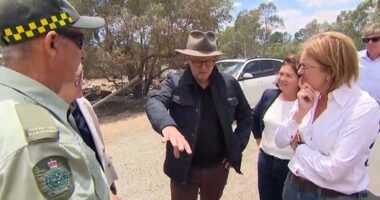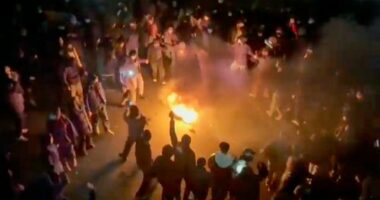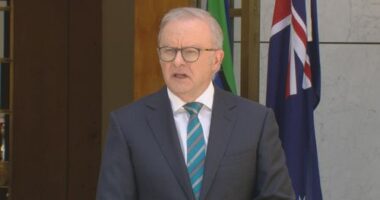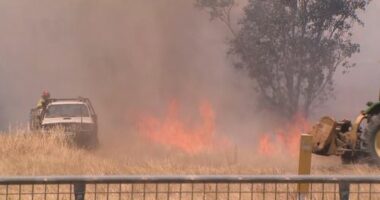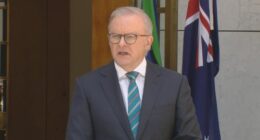Share this @internewscast.com
In a recent statement, Israeli Prime Minister Benjamin Netanyahu emphasized the critical importance of completing the second phase of the ceasefire to bring an end to the ongoing conflict. His remarks underline the delicate balance required to achieve a lasting peace.
Despite these efforts, Hamas has been resistant to the ceasefire proposal’s conditions concerning disarmament. Since the fighting paused, the organization has been working to reestablish its dominance over the Gaza Strip, a move that complicates peace negotiations.
Hamas has requested additional time and technical support to locate and recover bodies believed to be buried under debris in Gaza. This humanitarian concern adds another layer to the already complex situation.
In a surprising turn of events, Netanyahu’s office later announced that the Rafah crossing, a critical passage for aid and movement, would remain closed until further notice. This decision could have significant implications for the ceasefire’s progress and the region’s stability.
For more in-depth analysis, listen to our special podcast episode, “Inside the Gaza Ceasefire: Hostages, Prisoners & a Negotiator,” which explores these developments further.
Around 560 metric tons of food had entered Gaza per day on average since the truce, but this was still well below the scale of need, according to the UN World Food Programme.
Eleven Palestinians killed in Israeli fire
At Gaza City’s al-Ahli Hospital, the victims were laid out in white shrouds as their relatives mourned.
